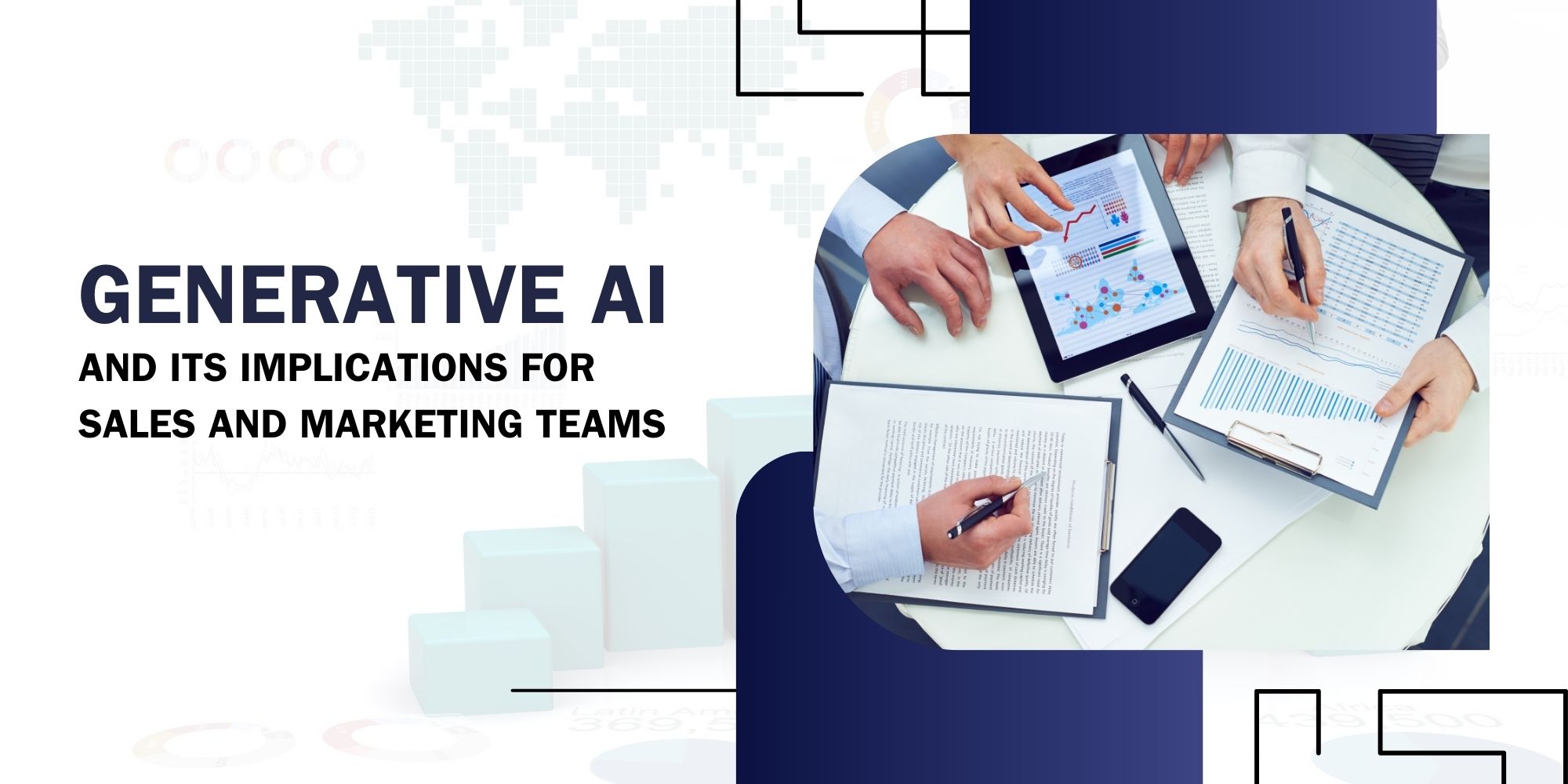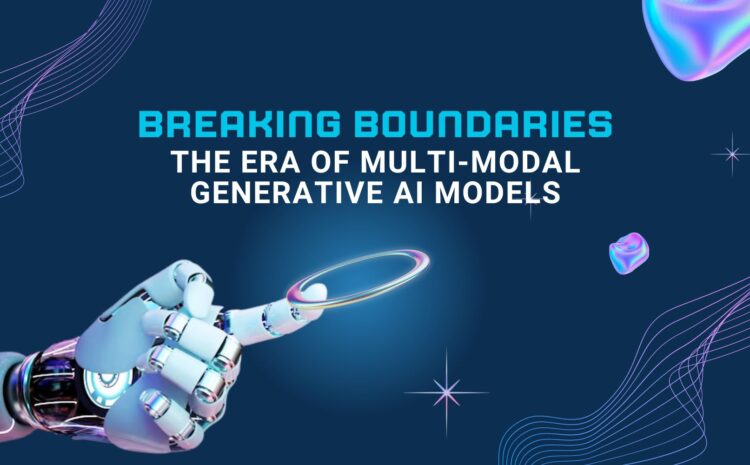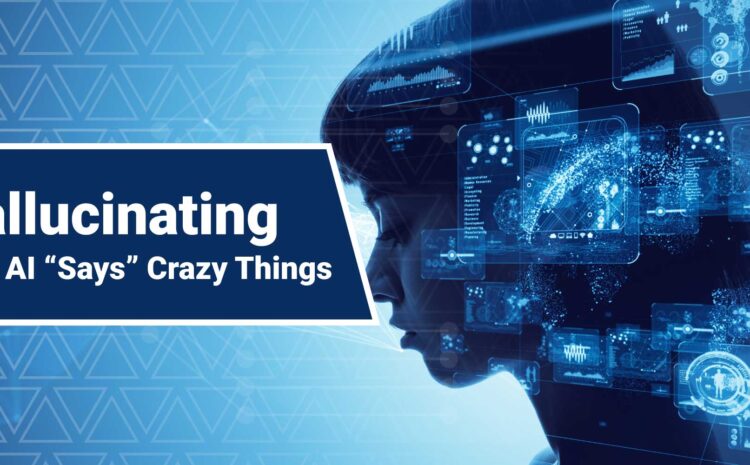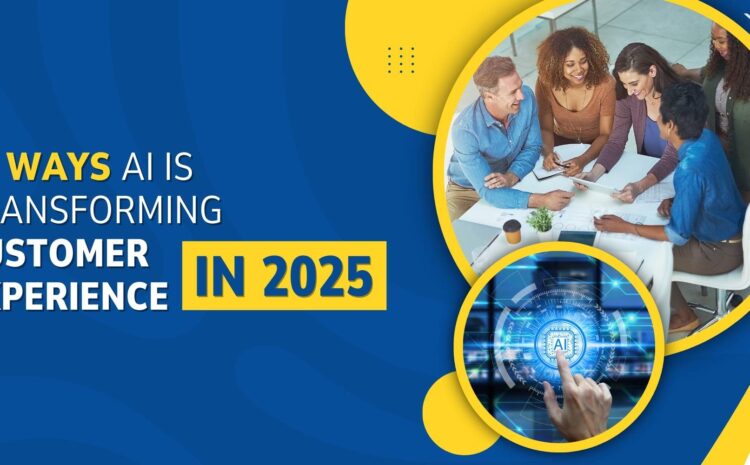Oh my goodness, y’all! It’s Thursday! That means Friday is right around the corner, and it’ll be followed by the weekend. Fun times. I hope you all have plans that include fun in the sun because the weather is warming up nicely. As a PSA: Don’t forget your sunscreen and to go get a pedicure. No one wants to see those eagle talons resting in your flip flops. *grin* For your reading pleasure today, we’ll be talking about generative AI and how sales and marketing teams are utilizing it.
If you’re ready to get on into it, get comfy, and put on those reading glasses because here we go…
Short on time? Grab the TL;DR at the end of the post.
Generative AI, an LLM, is revolutionizing how sales and marketing teams operate, presenting both remarkable opportunities and critical considerations teams must understand and use to remain competitive. As businesses increasingly adopt AI-driven tools, fully understanding their potential and the challenges they bring is essential.
One significant impact of generative AI is its ability to deliver unparalleled personalization at scale. By analyzing extensive customer data, generative AI can tailor content, product recommendations, and messaging to individual customers. This heightened personalization results in increased engagement and higher conversion rates by delivering targeted communications at optimal moments.
Beyond personalization, generative AI also dramatically enhances content creation and optimization processes. Sales and marketing teams benefit from AI-generated emails, social media posts, blog articles, and advertisements that are produced quickly and efficiently. This enables teams to maintain consistent, engaging communication while focusing their own efforts on strategic planning and creative innovation.
In addition to creating compelling content, generative AI provides sales and marketing teams with deeper insights into consumer behaviors, preferences, and purchase patterns. By leveraging predictive analytics, AI tools can forecast future customer actions based on historical data. This allows teams to proactively adapt their strategies, anticipate customer needs, and effectively address potential challenges in the sales journey.
Another compelling advantage of adopting generative AI is the substantial increase in efficiency and productivity. Automating routine tasks such as data entry, initial customer outreach, and campaign monitoring frees up sales representatives and marketers to focus more time on high-value activities like relationship-building, strategic development, and deal closing. Consequently, teams experience greater operational effectiveness and enjoy a reduced workload.
AI-powered chatbots and virtual assistants have significantly transformed real-time customer interactions. These tools offer instant, accurate responses to customer inquiries, greatly enhancing customer satisfaction. Providing continuous, timely support reinforces trust and loyalty among customers, establishing stronger long-term relationships.
Alongside these benefits, generative AI also introduces important ethical and data privacy considerations. Given its capability for extensive personalization, strict compliance with data privacy regulations becomes crucial. Businesses must maintain transparency regarding data collection and usage to uphold customer trust and ensure regulatory compliance. In other words, don’t lie to people, and they’ll trust you more. Seems reasonable, doesn’t it?
Generative AI systems’ effectiveness depends heavily on the quality and diversity of the data on which these models are trained. Biased or inaccurate data can lead to ineffective or misleading outcomes, negatively impacting marketing campaigns and sales performance. Teams must prioritize continuous improvement and verification of their data sources to maximize AI effectiveness, always checking facts before clicking publish.
Despite the remarkable advancements AI offers, maintaining a human touch remains indispensable. Generative AI should serve as a complement rather than a replacement for human engagement, which means writing and re-writing along with the AI. Human professionals bring emotional intelligence, nuanced understanding, and strategic thinking AI alone can’t replicate.
This all boils down to generative AI offering significant opportunities to transform sales and marketing strategies through enhanced personalization, improved operational efficiency, and real-time customer engagement while being backed up by human marketers and salespeople. Successfully navigating integration involves addressing ethical considerations, ensuring data accuracy, and balancing AI-driven automation with genuine human connection. Teams that strategically leverage generative AI will distinguish themselves in an increasingly competitive marketplace.
TL;DR: Generative AI saves sales and marketing teams time by handling mundane tasks and initial lead connections, but you have to have a human on hand to check facts, follow up, and assure company ethics are being adhered to.
We hope you enjoyed this post and took away some useful information! While you’re here and in a reading mood, why not check out some of our other articles? There are a ton of topics here, and we know you’ll find them equally as helpful as this one. Thanks for reading, and we’ll see ya next time!




